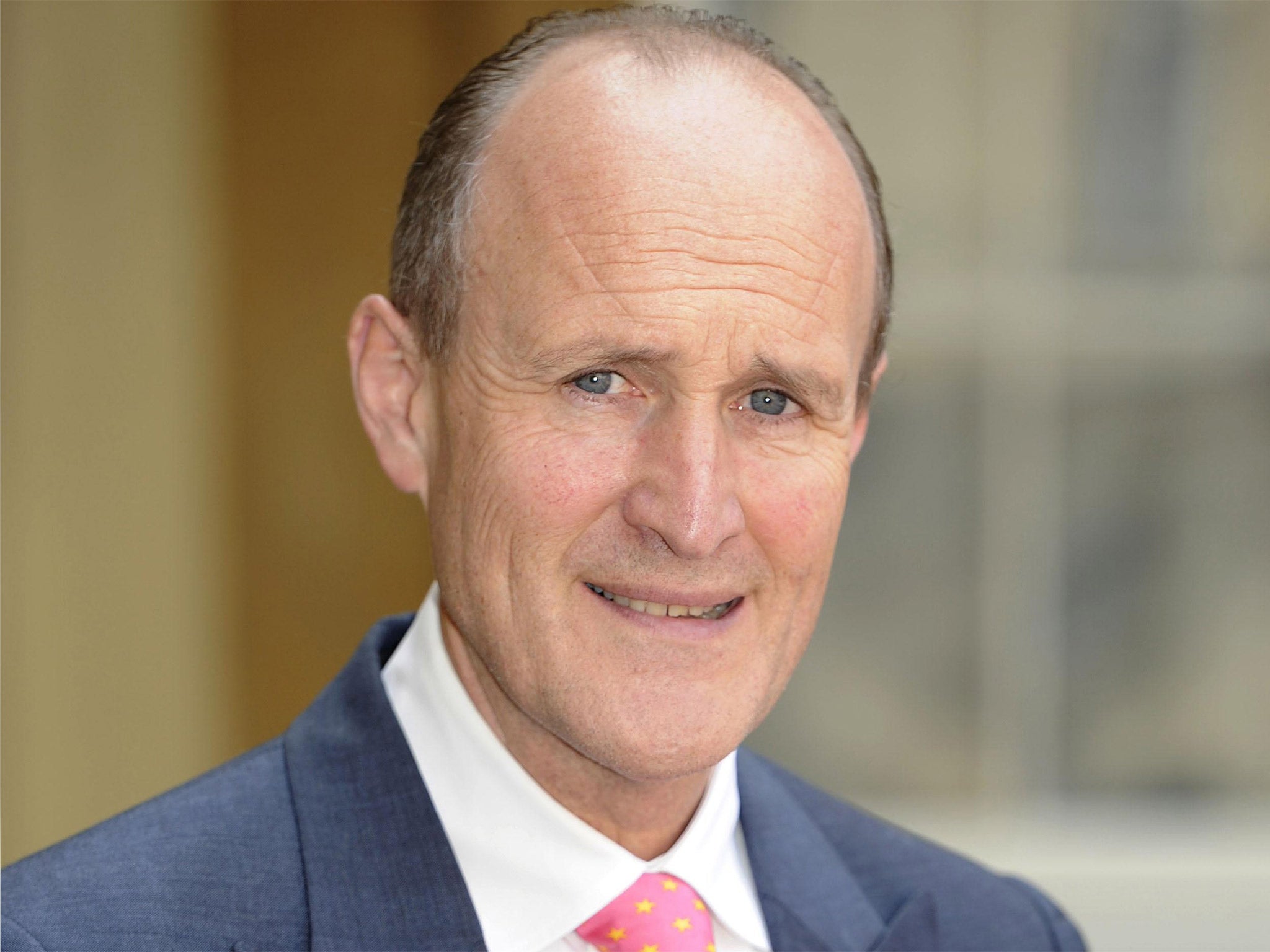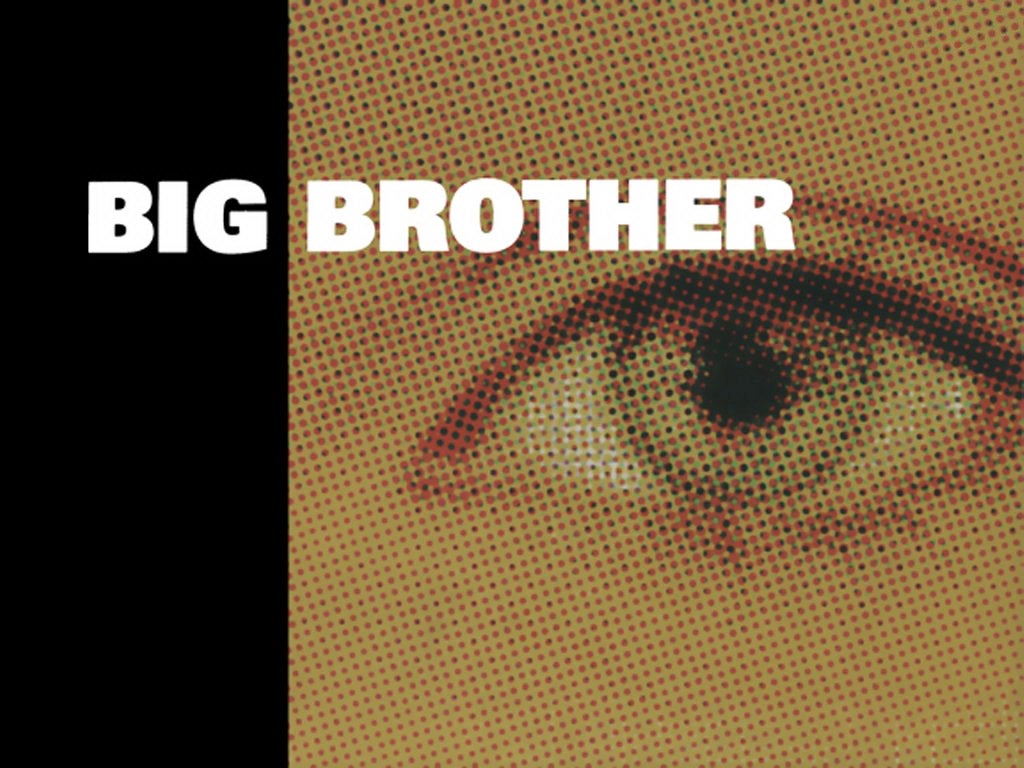Big Brother producer Peter Bazalgette named as ITV executive chairman
Bazalgette replaces Archie Norman, the former Asda boss who has overseen the turnaround of ITV’s financial fortunes

Your support helps us to tell the story
From reproductive rights to climate change to Big Tech, The Independent is on the ground when the story is developing. Whether it's investigating the financials of Elon Musk's pro-Trump PAC or producing our latest documentary, 'The A Word', which shines a light on the American women fighting for reproductive rights, we know how important it is to parse out the facts from the messaging.
At such a critical moment in US history, we need reporters on the ground. Your donation allows us to keep sending journalists to speak to both sides of the story.
The Independent is trusted by Americans across the entire political spectrum. And unlike many other quality news outlets, we choose not to lock Americans out of our reporting and analysis with paywalls. We believe quality journalism should be available to everyone, paid for by those who can afford it.
Your support makes all the difference.Peter Bazalgette, best known as the television producer who brought Big Brother to Britain, has been named executive chairman of ITV, reuniting him with the man who commissioned the notorious reality show for Channel 4.
Kevin Lygo, who was made ITV Director of Programmes last month, bought Big Brother for C4 from Bazalgette’s company Endemol in 2000 and the show’s momentous launch in 2000 led to reality television dominating British television for a decade. A decade later, Lygo dropped the show.
Bazalgette, 62, who resigned last month as chair of Arts Council England, replaces Archie Norman, the former Asda boss who has overseen the turnaround of ITV’s financial fortunes during six years as chairman.
For the last three years, Bazalgette has been a non-executive director of the commercial broadcaster. “ITV has gone through a remarkable resurgence during Archie’s chairmanship and there is still so much more that we can achieve,” he said. “This is an incredibly exciting time for everyone in the media sector with change happening at an unprecedented rate.”
The current President of the Royal Television Society, “Baz” has been a prominent figure in the British TV industry for 20 years, since his Bazal productions ushered in a new appetite for lifestyle programming with shows such as Ready Steady Cook, Changing Rooms and Ground Force.
He began his career as a BBC News trainee (later becoming a presenter on the BBC2 current affairs show Man Alive) and has in recent years been linked with most top roles in public service broadcasting, including chief executive of Channel 4, director of programmes at ITV, and controller of BBC1.

Andy Haste, ITV’s senior independent non-executive director, said the company had gone through an “extensive and rigorous process” in search of its new chairman and that, among a “strong field”, it was “very clear to us that Peter is the right person to take on the role”.
Bazalgette’s long association with Big Brother – not to mention sordid reality shows such as The Farm – has given ready ammunition to critics who like to remind him of his family’s long association with effluent – by dint of the great engineer Sir Joseph Bazalgette, inventor of London’s Victorian sewage system. The critic Norman Lebrecht has accused him of being a “cynical operator of no known values” who has “polluted the well of national culture”.
Since 2007, when he stepped down as UK chairman and group Chief Creative Officer of the Dutch-owned Endemol Group, he has focused his attentions on the high arts. Like Tony Hall, the Director-General of the BBC, he is an opera lover; Lord Hall was chief executive of the Royal Opera House when Bazalgette was at the London Coliseum as chairman of the English National Opera. Now they occupy top roles at Britain’s two big public broadcasters. Giving evidence to a House of Lords committee in July, Bazalgette described the under-threat BBC as Britain’s greatest asset “after the English language and Shakespeare”.
His time as chair of Arts Council England since 2012 has not been an easy one at a time of job cuts at the organisation and financial pressures on the sector. The organisation’s role as an advocate for the arts has arguably been diminished by the emergence of the new Creative Industries Federation.
At his November spending review, the Chancellor George Osborne was anxious to present himself as a saviour of the arts. But the better-than-expected settlement, including a slightly increased budget for the Arts Council and museums and galleries, was a victory for Bazalgette’s lobbying skills and he claimed that the Government had come to understand the “positive benefits the arts confer on society in terms of education, tourism, regeneration, economic impact, quality of life and Britain's brand abroad”.
He will remain as chairman of Arts Council England until January, the end of his four-year term, having announced last month his intention to “do a few other things” in the creative sector. As his new role was announced, Baz declared that “TV is my first love”.
ITV Chief Executive Adam Crozier praised Bazalgette’s “huge wealth of experience” in the industry and said he would help ITV “grow and strengthen the business in the UK and internationally”. As an outspoken boss of Endemol, Bazalgette delivered a provocative MacTaggart Lecture in 1998 at the Edinburgh Television Festival, calling for ITV companies to lose their production arms. He is now chair of an organisation that includes ITV Studios, the UK’s biggest television producer and with offices throughout the world.
Join our commenting forum
Join thought-provoking conversations, follow other Independent readers and see their replies
Comments